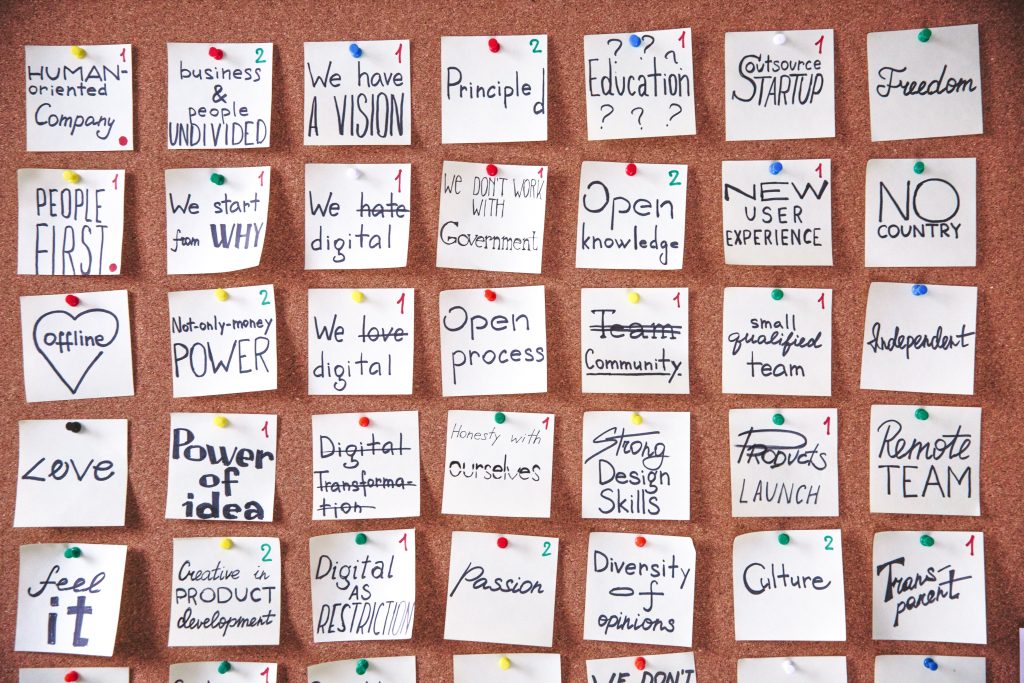
5 Minutes Exclusive Guide to Enterprise Resource Planning (ERP) Software
In today’s fast-paced and complex business environment, Enterprise Resource Planning (ERP) software has emerged as a critical tool for managing and integrating various business processes. This comprehensive guide aims to delve into the nuances of ERP software, its key features, benefits, implementation strategies, and future trends.
Understanding ERP Software
ERP software is a suite of integrated applications that an organization uses to collect, store, manage, and interpret data from various business activities. It integrates areas such as planning, purchasing, inventory, sales, marketing, finance, and human resources.
Key Features of ERP Systems
- Integration: ERP systems integrate all facets of an operation, including product planning, development, manufacturing processes, sales, and marketing.
- Automation: By automating routine tasks, ERP systems improve efficiency and reduce the likelihood of errors.
- Data Analysis: Advanced analytics capabilities allow businesses to analyze data for better decision-making.
- Reporting: Customized reporting tools enable organizations to generate performance reports, helping in strategic planning.
- Compliance and Risk Management: ERP systems help in maintaining compliance with industry regulations and in risk management.
- Supply Chain Management: They provide a holistic view of the supply chain and assist in optimizing its performance.
Benefits of Implementing ERP Software
- Improved Efficiency: By streamlining business processes, ERP software reduces redundancy and automates mundane tasks.
- Enhanced Decision Making: Real-time data provided by ERP systems aids in making informed decisions.
- Cost Reduction: With improved efficiency and reduced errors, organizations can significantly cut down costs.
- Scalability: ERP systems can grow with your business, accommodating new processes and additional departments or functions.
- Improved Data Security and Quality: Centralized data management ensures data security and integrity.
Choosing the Right ERP System
Selecting the right ERP system is crucial. It involves understanding your business requirements, budget constraints, scalability needs, and long-term business goals. It’s also important to consider the software’s compatibility with your existing systems and its customization capabilities.
Implementation Strategies
- Clear Objectives: Define clear goals and objectives for the ERP implementation.
- Involvement of Stakeholders: Engage stakeholders from different departments to ensure the system meets a broad range of needs.
- Phased Implementation: Consider a phased approach to implementation to reduce complexity.
- Training and Support: Comprehensive training and ongoing support are crucial for a successful ERP implementation.
- Continuous Evaluation and Optimization: Regularly review the system’s performance and make necessary adjustments.
Challenges in ERP Implementation
- Cost Overruns: ERP projects can be expensive, and costs can escalate if not managed properly.
- Resistance to Change: Employees may be resistant to change, necessitating effective change management strategies.
- Data Migration Challenges: Transferring data from old systems to the new ERP system can be complex.
The Future of ERP Software
The future of ERP is shaped by several emerging trends:
- Cloud ERP: Cloud-based ERP solutions are gaining popularity due to their cost-effectiveness and scalability.
- Mobile ERP: With the rise of mobile computing, ERP systems are becoming more mobile-friendly.
- AI and Machine Learning: Integration of AI and machine learning is enhancing predictive analytics and decision-making capabilities.
- IoT Integration: The integration of the Internet of Things (IoT) is enabling more efficient operations, particularly in manufacturing and supply chain management.
- Focus on User Experience: There’s an increasing focus on improving the user interface and experience of ERP systems.
Conclusion
ERP software is a vital tool for businesses looking to streamline their operations, improve efficiency, and foster data-driven decision-making. While the implementation of an ERP system can be a significant undertaking, the long-term benefits it brings to an organization are invaluable. As technology continues to evolve, ERP systems will undoubtedly become more sophisticated, offering even greater levels of integration, automation, and business intelligence. For any business aspiring to remain competitive and agile in the modern marketplace, understanding and effectively leveraging ERP software is not just an option; it’s a necessity.